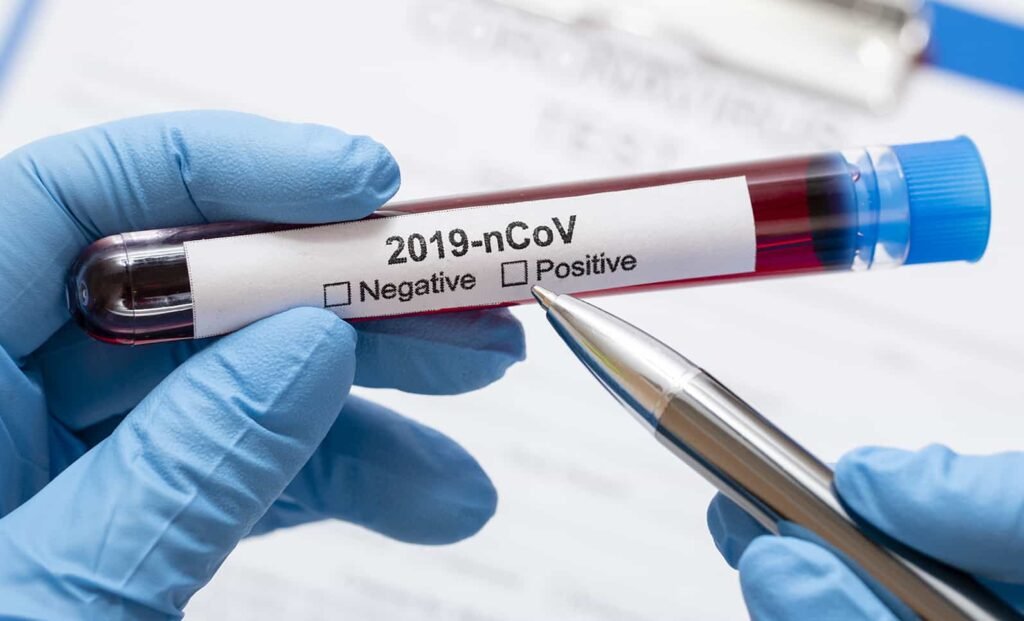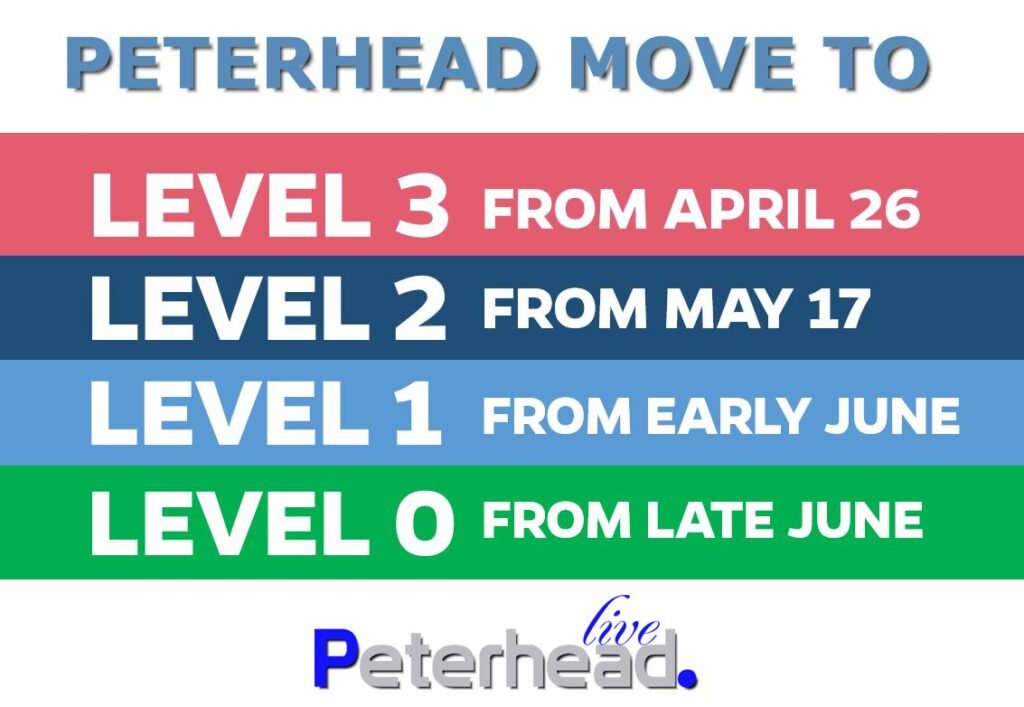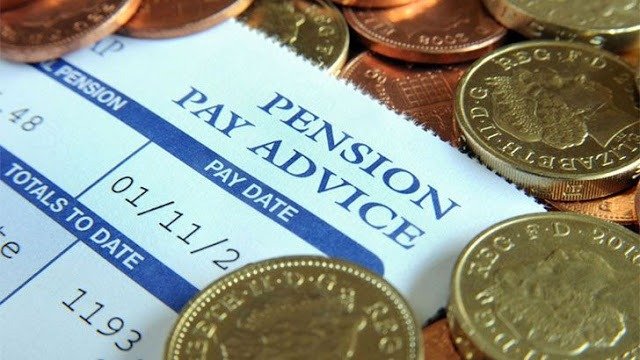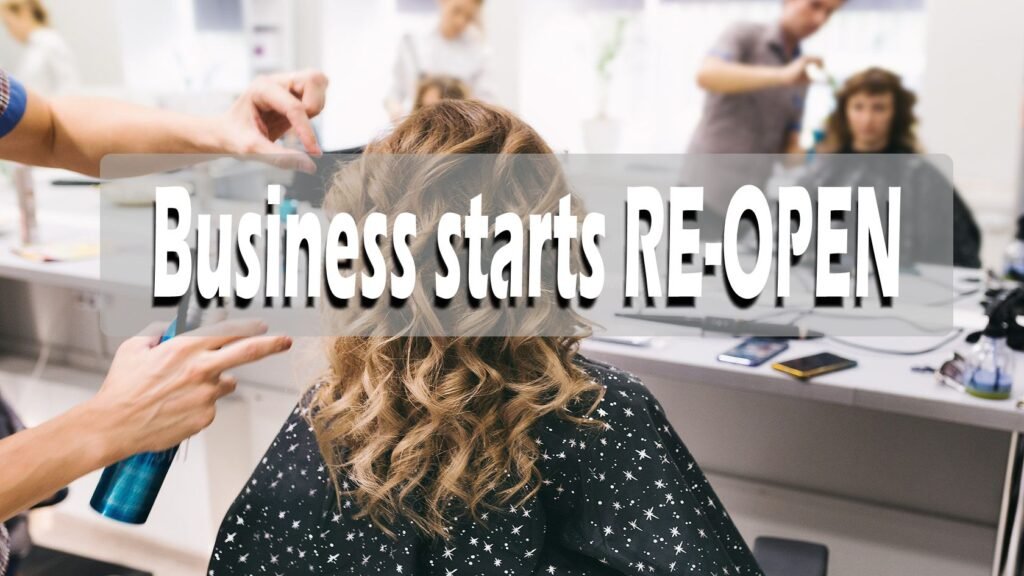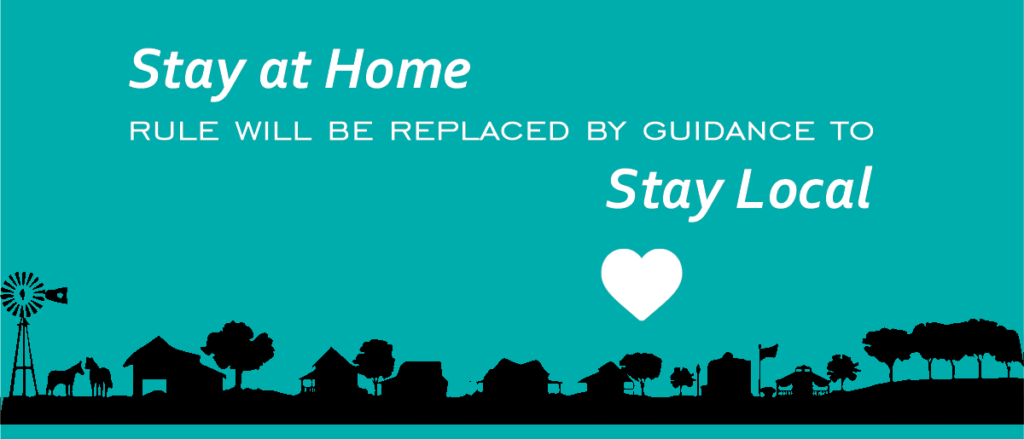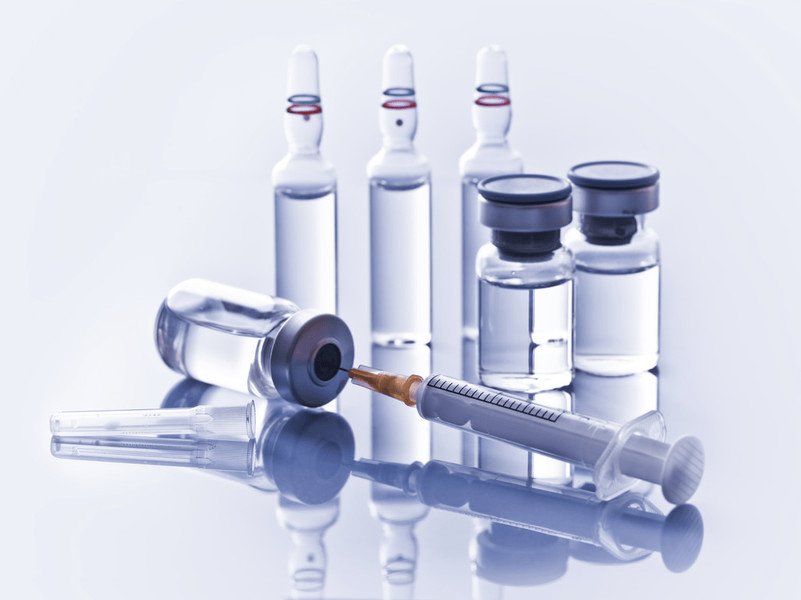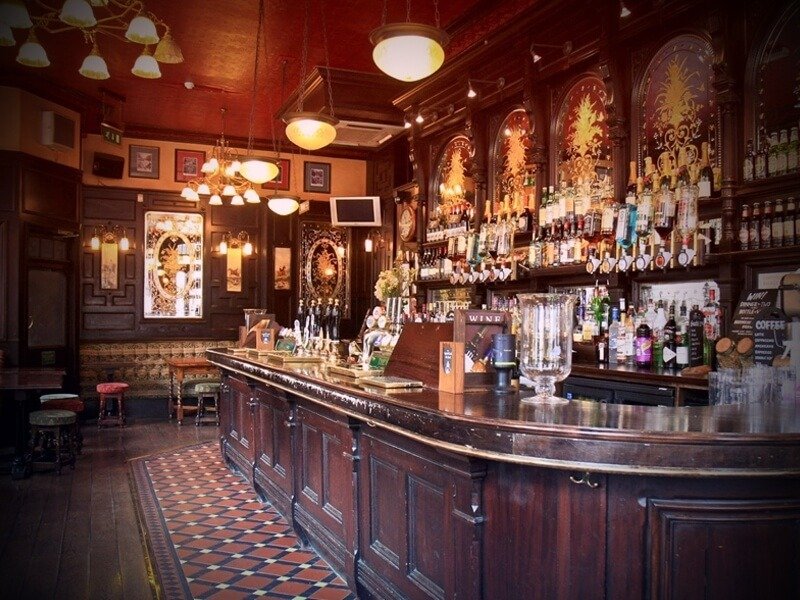Promoting Scotland Tourism
Promoting Scotland tourism, organisations will be able to apply for funding to promote key visitor destinations.
New £3 million fund to help industry rebuild, promoting Scotland tourism.
Tourism organisations will be able to apply for funding to promote key visitor destinations in a responsible and sustainable way, helping the sector to recover from the coronavirus (COVID-19) pandemic.
Administered by VisitScotland, the £3 million Destination and Sector Marketing Fund will support eligible groups develop strong visitor marketing campaigns that position Scotland as a year-round destination to the UK and Irish markets.
The fund opens for applications on 1 June and will be split into three tiers, focusing on city, regional and national tourism groups. It is part of the £25 million investment in the tourism sector and will help deliver the post-Covid recovery programme developed by the Scottish Tourism Emergency Response Group (STERG) and the Scottish Tourism Recovery Task Force.

Tourism Minister Ivan McKee said, about Promoting Scotland Tourism:
“It’s been an incredibly difficult year for our tourism and hospitality sectors but, as we begin to reopen the economy and domestic travel resumes, this new fund will help to promote some of Scotland’s most scenic beauty spots to our closest markets.
“The fund stems from the work of the Promoting Scotland Tourism Recovery Taskforce and demonstrates our commitment to getting the sector firmly back on its feet again – a commitment backed by £25 million investment. Scotland is one of the world’s most iconic destinations and we must work together to deliver a sustainable recovery.”
Director of Industry & Destination Development at Visit Scotland and Chair of STERG Riddell Graham, said:
“The Destination and Sector Marketing Fund has been designed to help accelerate the recovery of Scottish tourism in the immediate to medium term by focusing on the domestic market.
“By using the latest insights, groups across Scotland will develop and promote visitor experiences both sustainably and responsibly to help stimulate demand in the domestic market all year-round.
“VisitScotland is focused on the recovery of the industry, building a destination and visitor experience which allows tourism and events to flourish now and in the future. We’ll continue to work with, and support, businesses to ensure we rebuild this vital part of Scotland’s economy.”
Destination and Sector Marketing Fund guidance
£25 million for tourism recovery
The Fund will be split into three tiers: City Region Award Programme (with awards on offer between £50k and £100k);
Regional Destination Organisations and Pan Scotland Sector Groups (with awards between £40k and £80k); and Local
Destination Organisations, Marketing Groups and non-Pan Scotland Sector Groups (with awards between £10k and £20k).


